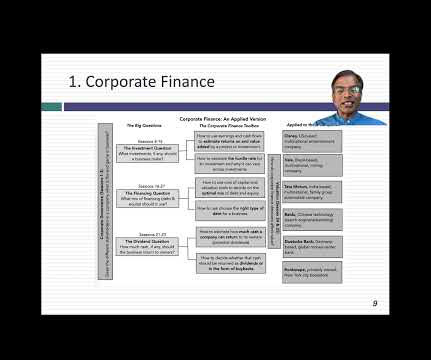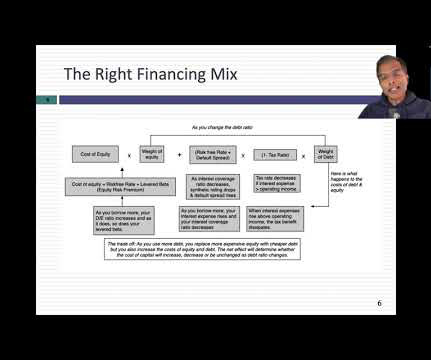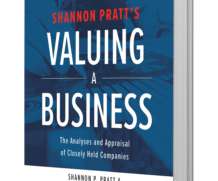The School Bell Rings: Time for Class!
Musings on Markets
JANUARY 11, 2024
The six classes that I prepped for in those two years ranged from banking to investments to corporate finance, and while I have never worked harder, much of what I teach today came out of those classes. In 1984, I moved on to the University of California at Berkeley, as a visiting lecturer, teaching anything that needed to be taught.























Let's personalize your content